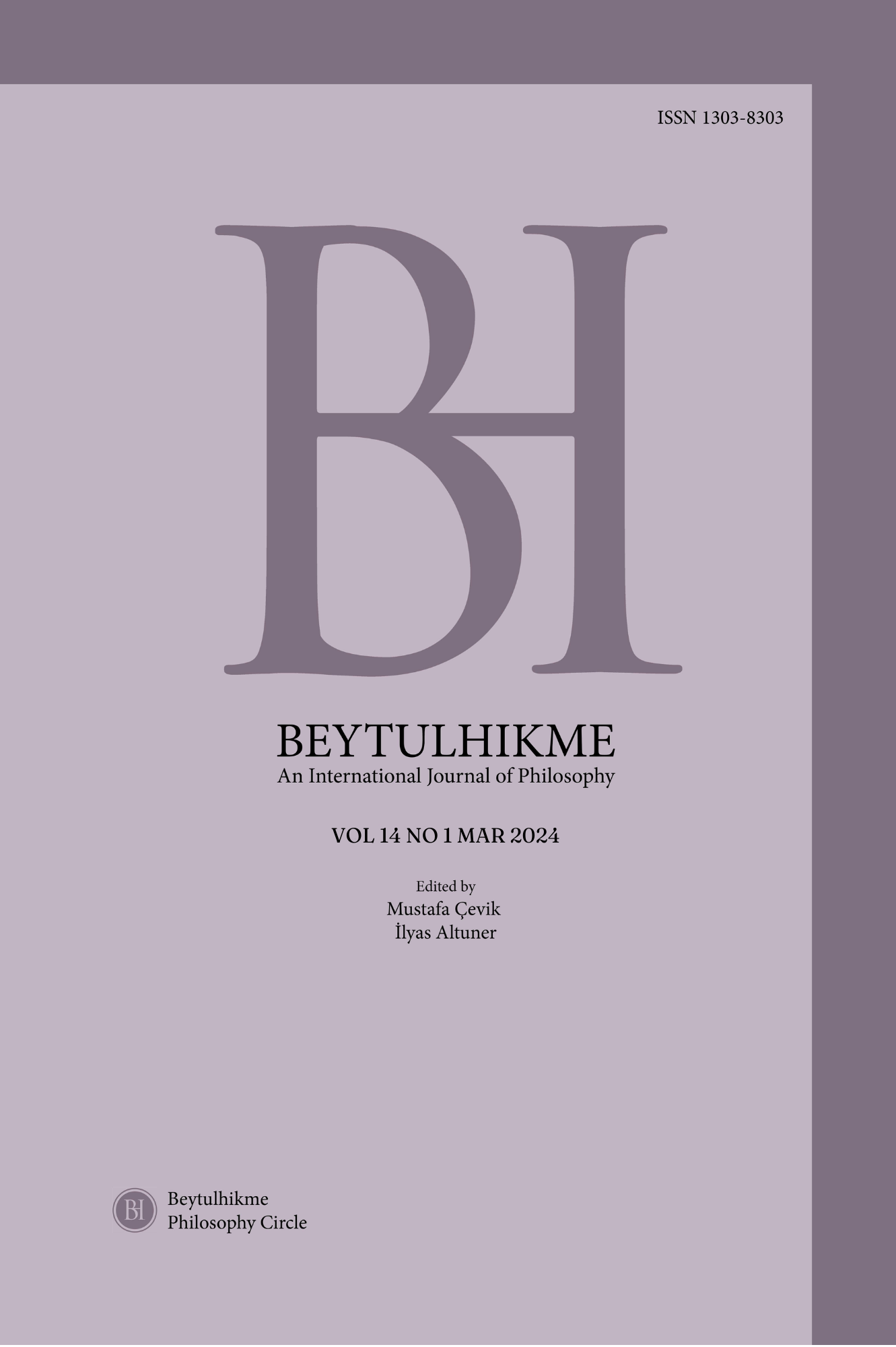Author :
Abstract
C. Aytmatov ile M. Heidegger arasında bir karşılaştırma yapmaya çalışmak ilk bakışta tuhaf görünebilir. Ancak böyle bir karşılaştırma aslında bir yandan Aytmatov’un sanatsal bakışının felsefi temellerini anlamak, diğer yandan da Heidegger’in ontolojik fikirlerinin varoluşsal-fenomenolojik köklerini göstermek açısından önemlidir. Çünkü her ne kadar gerçek hayatta tanışıp tanışmadıkları bilinmese de, düşünce boyutunda yakın “arkadaş” oldukları, Yaratılış üzerine düşündükleri, söz konusu dönemin manevi boyutunu araştırdıkları ve deneyimledikleri aşikârdır. Buna bağlı olarak, makalede onların temel görüşlerine, kavramlarına ve kitaplarına atıfta bulunarak felsefi ve şiirsel tanışıklıkları keşfedilmeye çalışılacaktır. Düşünürün ontolojik fikirleri ile Kırgız yazarın sanatsal imgelerini karşılaştırmaya başlarken, Aytmatov'un eserlerindeki (özellikle olgunluk dönemi eserlerindeki) "varlık" kelimesinin günlük dilin sınırlı anlamını değil, varlık ve onun varlığı arasında ayrım yapmanın gerekli olduğu, "varlığın hakikatinden" bahsettiğimiz felsefi dilin yüksek ve kesin olarak tanımlanmış içeriğini ifade ettiğini vurgulamayı gerekli görüyoruz. Ve Aytmatov'un sanatsal deneyimi, ontolojik farklılık, burada-varlık ve öteki-varlık, gerçek varlık, olay, kuaternite kavrayışı, yani Heidegger'in ontolojik kavramı açısından akıl yürütmek için çok kesin bir neden sağlar. Sonuç olarak, bu yazıda Heidegger'in temel görüşlerine, kavramlarına ve kitaplarına atıfta bulunarak felsefi ve şiirsel tanışıklıklarını keşfetmeye çalışacağız.
Keywords
Abstract
Trying to make a comparison between C. Aitmatov and M. Heidegger at first look could be seem strange. But such a comparison is actually important in one hand not only for understanding the philosophical foundations of artistic outlook of Aitmatov and in another hand to demonstrate the existential-phenomenological rootedness of ontological ideas of Heidegger. For although there isn’t any knowledge if they were ever meet in real life, yet it is obvious that they were close “friends” in the dimension of thinking, understanding of Genesis, they search and experience the spiritual dimension of that era, the glory of which is not in the least connected with the names of these geniuses thought and speech. From Heidegger's point of view, philosophy is the doctrine of being. He is the founder of a grandiose, harmonious and detailed philosophical theory of being. Starting to compare the ontological ideas of the thinker and the artistic images of the Kyrgyz writer, we consider it necessary to emphasize that the word “being” in Aitmatov’s works (especially in the works of the mature period of his work) expresses not the limited meaning of everyday language, but rather the high and strictly defined content of philosophical language, where it is necessary to distinguish between being and its being, where we are talking about the “truth of being.” And Aitmatov’s artistic experience provides a very definite reason for reasoning in terms of ontological difference, here-being and other-being, comprehension of true being, event, quaternity, that is, in terms of Heidegger’s ontological concept. As a result, in this paper we will try to explore their philosophical and poetic acquaintances by referring to their main views, concepts and books.
